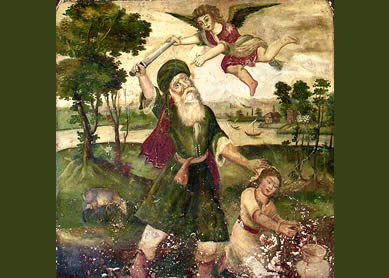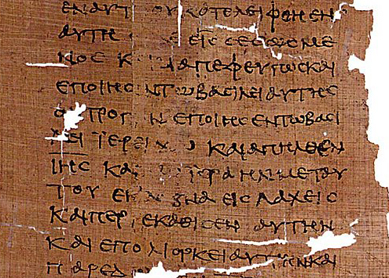Biblical scholars are often summoned to work with local communities of faith for whom the Bible is a significant sacred resource. Contextual Bible Study—a collaborative process in which socially engaged biblical scholars and ordinary readers interpret the Bible for social transformation—has been used thousands of time for this purpose, in contexts all around the world. The effects are both traumatic and empowering, enabling the silence in communities of faith around gender based violence to be broken.
For instance, in 1996 the Ujamaa Centre for Community Development and Research, based within the University of KwaZulu-Natal in South Africa, was invited by a women’s group within the region to work with them on issues affecting women in the church. Among the issues they asked the Ujamaa Centre to address was violence against women. The story of the rape of Tamar was used as the basis of a Contextual Bible Study with these women.
Drawing on Phyllis Trible’s narrative research on
Women generally, and survivors of gender based violence in particular, are amazed that such a story is to be found in the Bible. This biblical text is hardly ever read publically within communities of faith. The graphic narrative detail of the rape of David’s daughter, Tamar, by her brother, Amnon, offers a sacred vocabulary with which survivors are empowered to tell their stories. Central to the process of Contextual Bible Study is that it takes place in a safe site and that there are resources available for counseling and support.
The clear and eloquent way in which Tamar talks back to her brother becomes a particularly significant resource. “If Tamar breaks the silence around rape, then so can we,” survivors say. “If this story is in the Bible, then we women will no longer be silenced,” women say.
Another important resource is the way in which the narrative exposes the patriarchal networks that enable rape, locating the role of each of the male characters in the rape of Tamar. Women are empowered by this narrative to navigate with each other through the cultural and religious networks that nurture sexual violence against women within their homes, their churches, and their communities. “The church is our Absalom,” women survivors of gender based violence say. “It takes us in but silences us.”
Contextual Bible Study always ends with a commitment to action on the part of participants. The forms of action that particular groups of participants plan and implement are various, ranging from the establishment of survivor support groups, to the training of someone among them as a counselor, to the reformation of the local police station so that it becomes a supportive site for the reporting of rape. However, the overarching goal remains the same: to empower participants to work together for theological and social change within their local churches and communities.
Bibliography
- West, Gerald O. “Deploying the Literary Detail of a Biblical Text (2 Samuel 13:1-22) in Search of Redemptive Masculinities.” Pages 297–312 in Interested Readers: Essays on the Hebrew Bible in Honor of David J. A. Clines. Edited by James K. Aitken, Jeremy M. S. Clines, and Christl M. Maier. Atlanta: Society of Biblical Literature, 2013.
- West, Gerald O., and Phumzile Zondi-Mabizela. “The Bible Story That Became a Campaign: The Tamar Campaign in South Africa (and Beyond).” Ministerial Formation 103 (2004): 4-12.
- Trible, Phyllis. Texts of Terror: Literary-Feminist Readings of Biblical Narratives. Philadelphia: Fortress Press, 1984.




